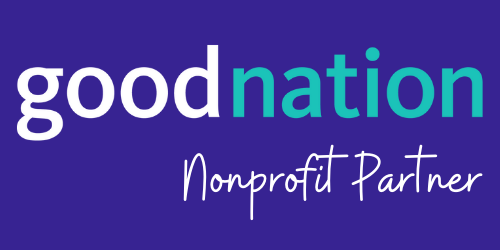Of late, ideas42 co-founders Sendhil Mullainathan and Eldar Shafir and their co-authors (including ideas42 affiliate Anuj Shah) have been looking into a fascinating question: does poverty create additional psychological and cognitive burdens? Is there some way in which poverty makes people take worse decision? The short – and fascinating – answer is: yes. Dave Nussbaum’s blog Random Assignment has a great piece about this research.
Nussbaum writes:
“One of the obstacles that keeps the poor from rising out of poverty is the tendency to make costly financial decisions – like buying lottery tickets, taking out high interest loans, and failing to enroll in assistance programs – that only make their situation worse. In the past, these poor decisions have been attributed to low-income individuals’ personalities or .. their environment, such as low education or substandard living conditions. New research published this month in Science by Booth Assistant Professor of Behavioral Science Anuj Shah points to a new answer: living with scarcity changes people’s psychology. The basic idea is that when resources are scarce – when people are short on time, or money, or food – each decision about how best to use those resources takes on greater urgency than when resources are abundant. This focus can have positive effects in the short term, but it comes at the expense of neglecting other, less urgent demands. For example, when they are under the press of urgent expenses like rent and groceries, people may neglect to do routine maintenance on their car and end up with costly (and avoidable) repairs down the road.”
Haaretz also has a long and insightful piece that is a great introduction to this research and some of the key studies in it, which you can read here. At ideas42, we are constantly trying to refine how we think about poverty and program design for poor people, so this is both fascinating and challenging.


